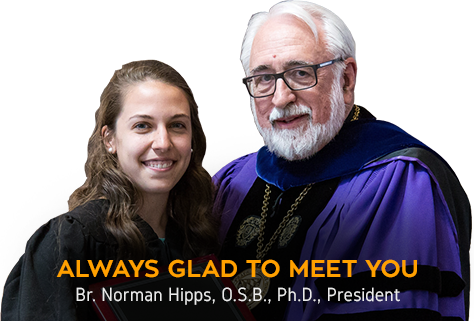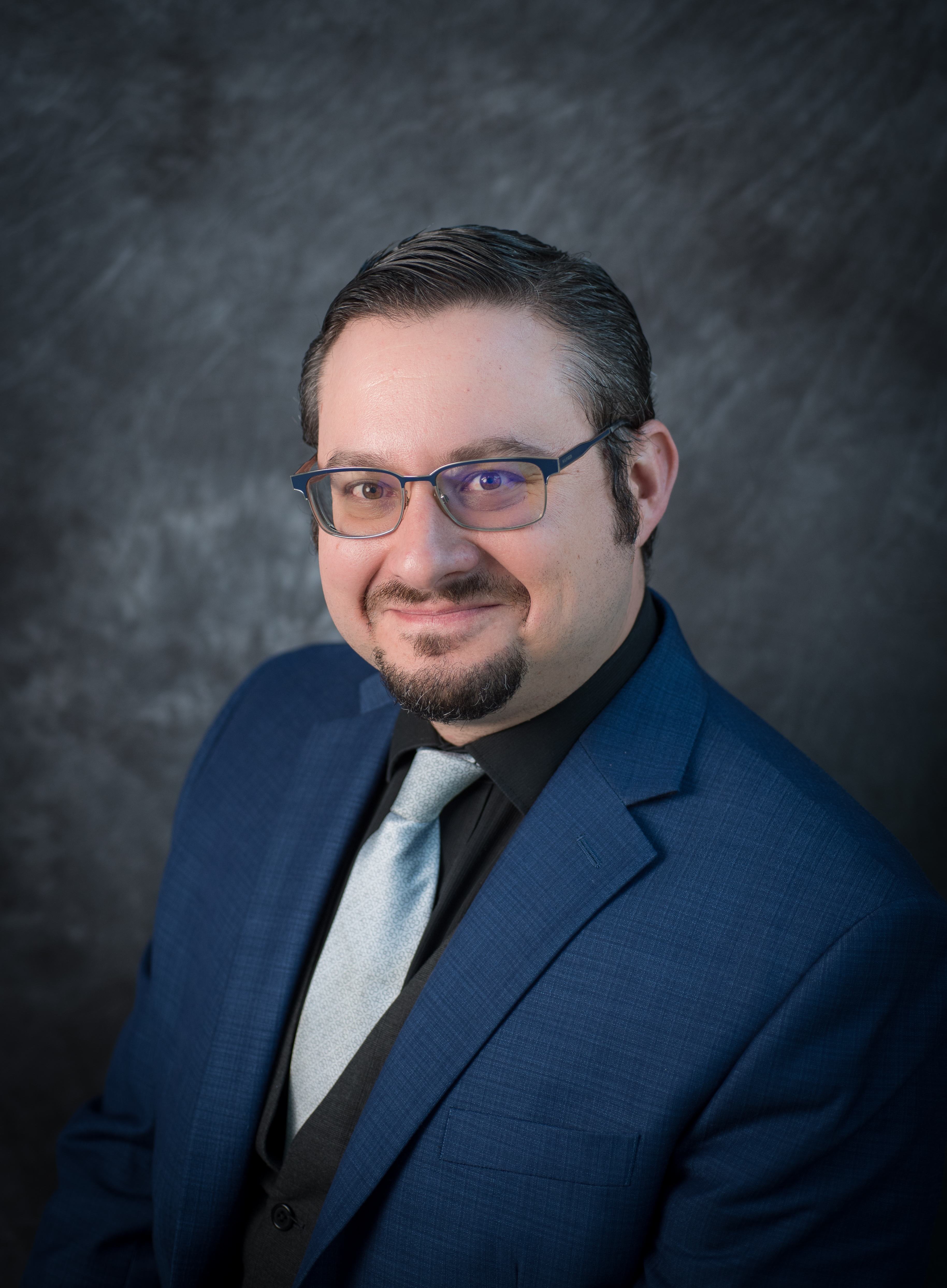In my last blog, I discussed some of the recent accomplishments and recognitions of the Master of Science in Management: Operational Excellence (MSMOE) program. I also set out to explain the difference between this degree and the more traditional MBA. In this post, I’ll be looking at a deeper explanation of Operational Excellence and how it ties in with Saint Vincent and our Benedictine values.
You may be wondering, what exactly is Operational Excellence (OE)? At its core, OE is a management philosophy that focuses on understanding people, processes and organizations in its initiatives for continuous improvement, problem solving and waste reduction so that organizations can provide greater value to customers and society in general. Though many people might correctly suggest that OE is akin to “lean” initiatives, a true study of OE includes a deep focus on understanding an organization’s culture to see how tools that support improvement processes evolve and are supported over time rather than a superficial short-term emphasis on the tools themselves. Because of its focus, OE is not just for organizations in manufacturing. Indeed, in addition to manufacturing, many of our students have careers in or go on to work in jobs related to health care, IT consulting, higher education, finance and accounting, human resources, sports management, engineering and chemistry, to name a few. I can think of very few organizations that could not benefit from improved problem solving, continuous improvement and waste reduction.

It should, however, be noted that our definition of OE might be different than one you might find on Wikipedia or through a Google search. Just like the term “lean” has hundreds (or even thousands) of definitions, so does OE. Furthermore, our approach to OE fits well within the context of Saint Vincent’s culture.
 For example, I was recently reflecting on “The Benedictine Handbook” which is an excellent resource for exploring the philosophy of Saint Benedict. In particular, I find Laurence McTaggart’s essay on “Work” (2003) to be incredibly profound and applicable to OE. In this essay, the author discusses work in such a way that reminded me of prayerfulness. In other words, there is a spiritual aspect to doing work for the greater good of others. The author also discusses how Saint Benedict warns of “idleness” because it is through work that we can help others. Whenever I think of “idleness,” I think of the waste that OE/lean scholars and practitioners would label as “time.” Wasted time means that we are not as efficient as we could be and, based on my understanding of “The Benedictine Handbook,” means that we are not truly in a state of prayerfulness nor are we helping others to the best of our abilities. When I think about “continuous improvement” from the standpoint of waste reduction in this light, I am reminded of our founder Boniface Wimmer’s words of “Forward, always forward, everywhere forward,” because they suggest to me the need to continuously improve to promote the good of others.
For example, I was recently reflecting on “The Benedictine Handbook” which is an excellent resource for exploring the philosophy of Saint Benedict. In particular, I find Laurence McTaggart’s essay on “Work” (2003) to be incredibly profound and applicable to OE. In this essay, the author discusses work in such a way that reminded me of prayerfulness. In other words, there is a spiritual aspect to doing work for the greater good of others. The author also discusses how Saint Benedict warns of “idleness” because it is through work that we can help others. Whenever I think of “idleness,” I think of the waste that OE/lean scholars and practitioners would label as “time.” Wasted time means that we are not as efficient as we could be and, based on my understanding of “The Benedictine Handbook,” means that we are not truly in a state of prayerfulness nor are we helping others to the best of our abilities. When I think about “continuous improvement” from the standpoint of waste reduction in this light, I am reminded of our founder Boniface Wimmer’s words of “Forward, always forward, everywhere forward,” because they suggest to me the need to continuously improve to promote the good of others.
I believe that OE fits with Saint Vincent’s culture in another way as well. Recently, Dr. Bill Hisker, Dr. Jeff Godwin (who both teach in the MSMOE program), and I have been working on research where we relate the suggestions that Pope Francis makes in his encyclical “Laudato Si” to OE. One aspect of what Pope Francis asks in his encyclical is that individuals, organizations and governments become more responsible with their stewardship of resources while meeting the needs of all (especially the marginalized) members of our societies in a sustainable manner. I am again reminded of OE’s focus on waste reduction. In particular, I think about an example I use in class of a car manufacturer that wastes less in a year than an average family of four does in a week through its use of OE/lean practices. This emphasis on the proper use of resources and sustainable treatment of our earth seems to fit closely with the recommendations of “Laudato Si.” Because a reflection of “Laudato Si” and the teachings of Saint Benedict are of great importance in a Benedictine and Catholic institution of higher learning, it makes sense that the concepts we teach in the MSMOE program at Saint Vincent seem to fit with our culture.

So, what do you think? Do you find the OE philosophy useful? Do you agree that there is usefulness to understanding Saint Benedict’s concept of work and Pope Francis’ call for greater stewardship to inform our daily (often commonly thought to be more secular) business practices? I’m always interested to hear your thoughts! Email me at michael.urick@stvincent.edu or get in touch with me through Facebook (www.facebook.com/urickmj) and LinkedIn (www.linkedin.com/pub/michael-urick/a3/775/5b/).
Dr. Michael J. Urick
McTaggart, L. 2003. Work. In The Benedictine Handbook (pp. 114-118). Liturgical Press: Collegeville, MN.


 中国学生
中国学生 Estudiantes
Estudiantes




